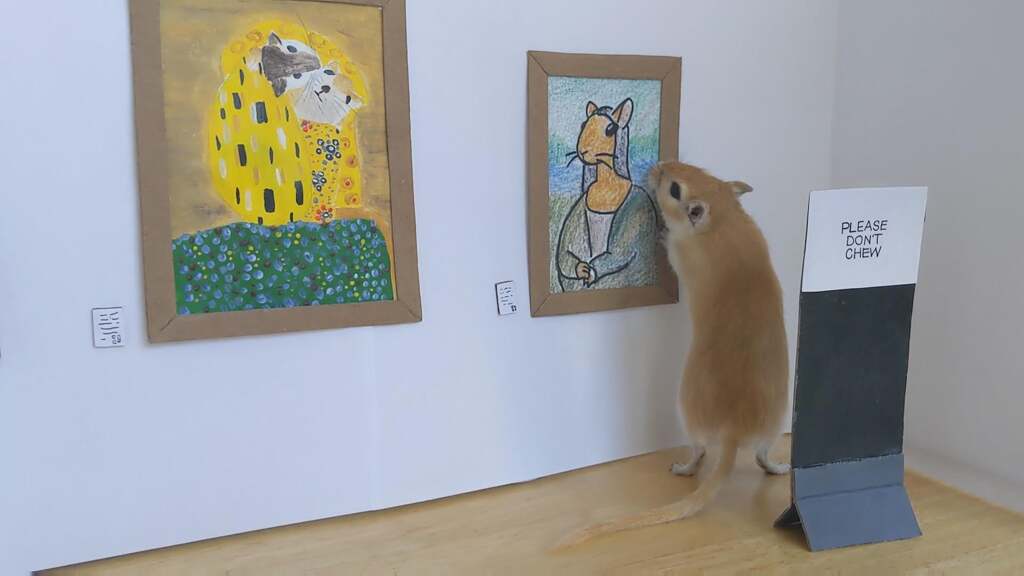But the other huge chunk is rabidly antisemitic. This is more about those types.
I wonder if he's ever actually enjoyed and been sincerely enthusiastic about video games, or he's just playing them in a pathetic attempt to come off as cool and attractive to younger generations.
More screenshots are here: https://xcancel.com/p9cker_girl/status/1844203626681794716
What I find odd is that the message that they actually left on the site has nothing to do with Palestine, just childish "lol btfo" sort of message. So I wouldn't be surprised if these guys aren't the ones who actually did it, and it's merely a false flag to make pro-Palestinian protesters look like idiotic assholes.
It has custom user-made themes that are dark mode, so it probably has dozens of dark modes.
, it’s a salty article
Actually the author himself is somewhat harmed by this situation. I would be salty too. When I wish to write my CV, I can say: my text have been published at X and Y. Especially nice if it's an important and well known publication. Now a part of his CV is literally erased, he can't access his own texts anymore (not even on Internet Archive). That's... utterly ridiculous. It's a common practice to send the author a copy (or multiple) of the text he has published, he has every right to own a copy of them. Now the copy that was intended to be available to everyone is not available even to him. Something of the sort really has happened to me too when a website I published an article on a site underwent a redesign and now the text just isn't available anymore. Admittedly it's still on IA, but it's an awkward situation.
That honestly sounds pretty good. But there are no followers on Lemmy, so the mechanism wouldn't make much sense here.
Non-native English speakers usually don't make such mistakes. Natives write "by ear" (which is how you initially learn your first language), so they can mix up homophonic words, whereas non-natives usually learned to write at the same time as they learned to speak the language, and they also had the rules and words explained 100% explicitly from the start.
served the public good
Yeah, nah. For a start, if one website could be singled out for bringing Trump into power, it wasn't any of those icky extremist places such as 4chan, 8chan, r/trump - it was Twitter where he posted his garbage for literal years with no interruption and thus gained a massive following. The site practically lived off his controversial diarrhea.
Tbh they've recently unbanned the dbzer0 piracy community.
For an example of our limitations as humans, there’s only 50ish unique plot lines in the English language.
How would the unique plotlines be determined by the language they're told in? Why would the amount of plotlines be based on human cognitive capabilities? None of this makes sense.
Either way, "unique plotline" doesn't mean anything, from the perspective of literary or narrative studies. There's no universal, objective way to dissect narratives, and they cannot be boiled down to a distinct number of basic models. There have been attempts to get to the most fundamental narrative model (Greimas, Campbell), but they're far from widely accepted.
People who are just flat against any and all AI or LLMs are behind the curve.
Art is, by itself, not something that has "the curve". If you're doing something with very practical goals and need hyperproduction, sure, but art is not necessarily made or consumed with such a logic.
Did Marx and Lenin never write about "hobbies"?





literally 1984 😔